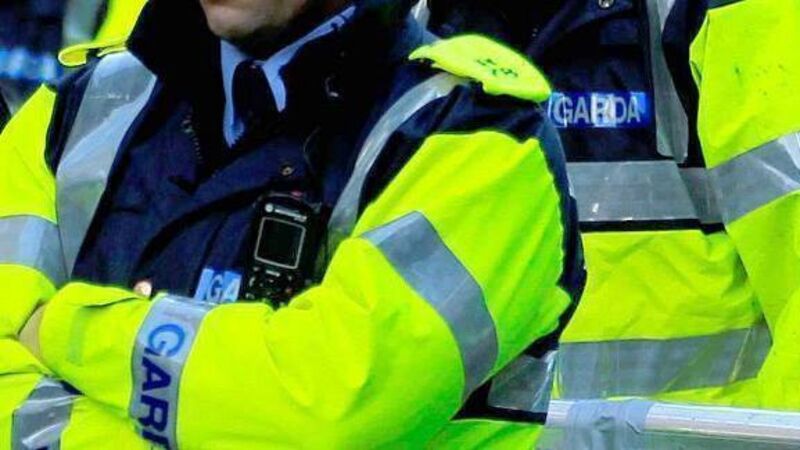Gardaí urged to use recruitment process to fill skills gap and reflect diversity in society

The report by the Garda Inspectorate is also expected to call on the authorities to recruit skilled police officers from other countries and expert civilian professionals.
It will also highlight the need to set up a proper human resource computer database that can identify the skills that gardaí have.










